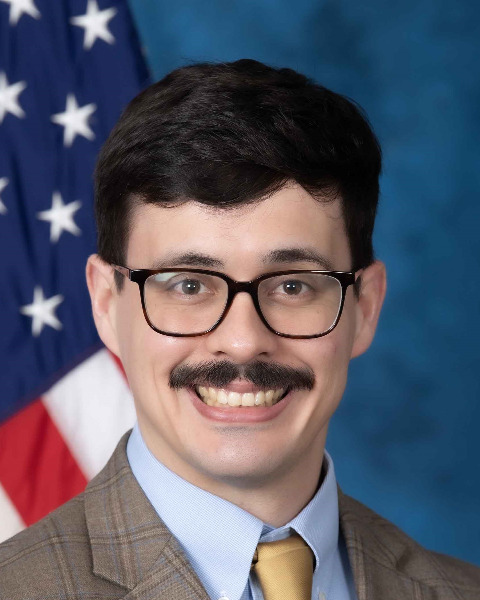Paper Presentation
Research Ethics and Social Sciences
Session: Alternative Perspectives in Bioethics
The Ethics of Health-Related Research with U.S. Veterans
Thursday, September 19, 2024
4:30 PM - 5:30 PM CT
Location: Jeffersonian Knickerbocker (Second Floor)
Keywords: veterans, vulnerability
Abstract: The U.S. Department of Veterans Affairs (VA) funds billions of dollars of health-related research, including thousands of projects involving human participants. Law, regulation, and policy require this research to maximize the inclusion of U.S. military veterans as participants. Although bioethicists have addressed ethical issues raised by including active-duty military personnel in health-related research, bioethicists have not considered distinctive ethical issues raised by including veterans in health-related research. In this presentation, we identify new and under-theorized ethical concerns related to conducting health-related research with this population and suggest how bioethicists should consider addressing these concerns. First, we provide background on the U.S. veteran population’s distinctive health needs and the VA’s efforts to address those needs through health-related research. Second, we review the limited bioethics literature that portrays veterans as a vulnerable population in research and argue that this portrayal has untoward ethical consequences. Third, we consider whether targeted recruitment of veterans for health-related research satisfies ethical requirements of equity and respect, given that this population already has made substantive health sacrifices for the common good, and participating in health research often imposes additional risks and burdens. Fourth, we examine whether funding and prioritization of health-related research with veterans satisfy ethical requirements for social value, given the relative advantage of the U.S. veteran population compared to other domestic and foreign groups with unmet health needs. We conclude by advocating for bioethicists to conduct more normative and empirical research on these and other ethical issues that arise in health-related research with U.S. veterans.
Learning Objectives:
After participating in this conference, attendees should be able to:
- Explain the unique health needs of U.S. veterans and the VA’s efforts to address those needs through health-related research.
- Identify problems that arise from labeling veterans as a vulnerable population and distinctive ethical issues related to equity, respect, and social value raised by health-related research with U.S. veterans.
- Appreciate the need and potential approaches for bioethicists to better understand the distinctive ethical issues involved in health-related research with U.S. veterans and to identify strategies for addressing these issues.
Shajuana McMillan, PharmD – Health Care Ethicist, National Center for Ethics in Health Care, U.S. Department of Veterans Affairs

Jake Earl, PhD, HEC-C
Director of Research, Innovation, and Data Ethics
U.S. Department of Veterans Affairs
Washington, District of Columbia
